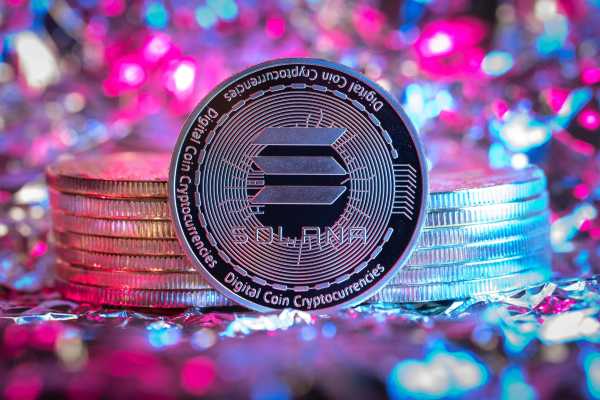BIS head puts a special role on CBDC-class digital currencies

The head of the Bank for International Settlements (BIS), Augustine Carstens, believes that:
“CBDCs, that is, digital currencies that some countries’ central banks have already started issuing, being liabilities of such regulators, demonstrate unique capabilities. Unlike CBDCs and CBDC’s rapid payment capabilities, cryptocurrencies and staplecoins are not supported by those payment systems that are deployed by central banks.”
Carstens’ statement came against a backdrop of various events that provide a heterogeneous backdrop to the BIS chief’s thesis. Thus, the head of the European Central Bank (ECB) Christine Lagarde said that the digital euro could potentially appear only in four years. At the same time, Lagarde does not believe that such a digital currency of the euro zone will necessarily be launched.
It is worth noting that both Lagarde and the BIS are particularly active in commenting on the CBDC issue precisely because the People’s Bank of China, by testing the digital yuan DC/EP, thereby makes it necessary for key figures in the global financial system to express their views on the CBDC phenomenon.
At the same time, the step of one of the key players in the global financial system, Visa, when the company is preparing to open the possibility of using the USDC stablcoin, makes it clear that global finance is gradually integrating private stablcoins, and it is with them that the same CBDC from the People’s Bank of China will be in competition.
At the same time, the preparation of the possibility by PayPal to convert several types of cryptocurrencies, including bitcoin, and use the currency to buy goods and services, brings cryptocurrency No. 1 in the global financial discourse. In such a situation, the BIS head’s statement looks like a recommendation to use digitalization opportunities so that countries can, by launching their CBDCs, participate in the changes in the global financial infrastructure that are being driven by innovation.
Recently it was reported that the oldest US bank BNY Mellon compared bitcoin to gold.



